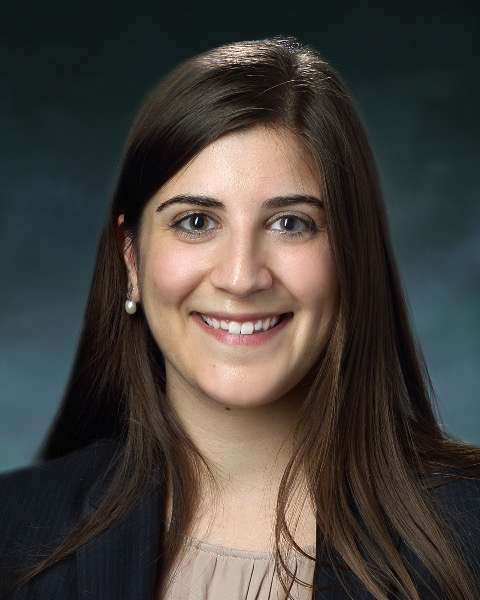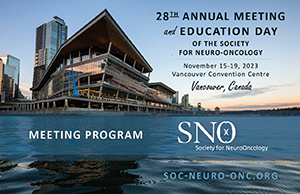
Jordina Rincon-Torroella
Johns Hopkins
Baltimore, Maryland, United States
Dr. Jordina Rincon-Torroella, MD is an Assistant Professor of Neurosurgery at the Johns Hopkins School of Medicine. She joined the faculty after completing medical school at the University of Barcelona and neurosurgery residency at Johns Hopkins. Her clinical practice focuses on treating patients with benign and malignant tumors of the brain and skull base. She is particularly interested in awake craniotomies, minimally invasive neurosurgical procedures, and endoscopic endonasal approaches.
She is fellowship trained in cancer research and neurosurgical oncology. During her training, her progress and passion for academic neurosurgery culminated in being the first woman IMG to complete the Johns Hopkins Neurosurgery residency program. During her residency, she was awarded the prestigious NIH NINDS R25 research training grant and became a Johns Hopkins Physician Scientist Training Program Scholar.
Dr. Rincon-Torroella’s research is centered on targeted therapies and drug development for brain tumors. She co-directs the Brain Tumor Genetics Lab with Dr. Chetan Bettegowda. She is interested on combining brain-blood-barrier disruption with Magnetic Resonance-guided focused ultrasound (MRIgFUS) and novel therapies for brain tumors. She also co-edited The Neurosurgical Consult Book, a practical guide on the most common neurosurgical consults emphasizing triage and management.
Dr. Rincon-Torroella has been recognized with numerous awards, including the La Caixa Foundation Grant, which is given by the King of Spain as a major recognition in her home country, the Irving J. Sherman Award for Resident Achievement, the Harvey Cushing Hunterian Research Award, and she has been inducted into the Alpha Omega Alpha Honor Society. She has received foundation and NIH grants for her research, including the NIH DHART SPORE Career Enhancement Program grant, which supports innovative pilot projects to advance the diagnosis and treatment of early-stage tumors and advanced cancers characterized by germline and somatic Neurofibromatosis type 1 (NF1) mutations.

